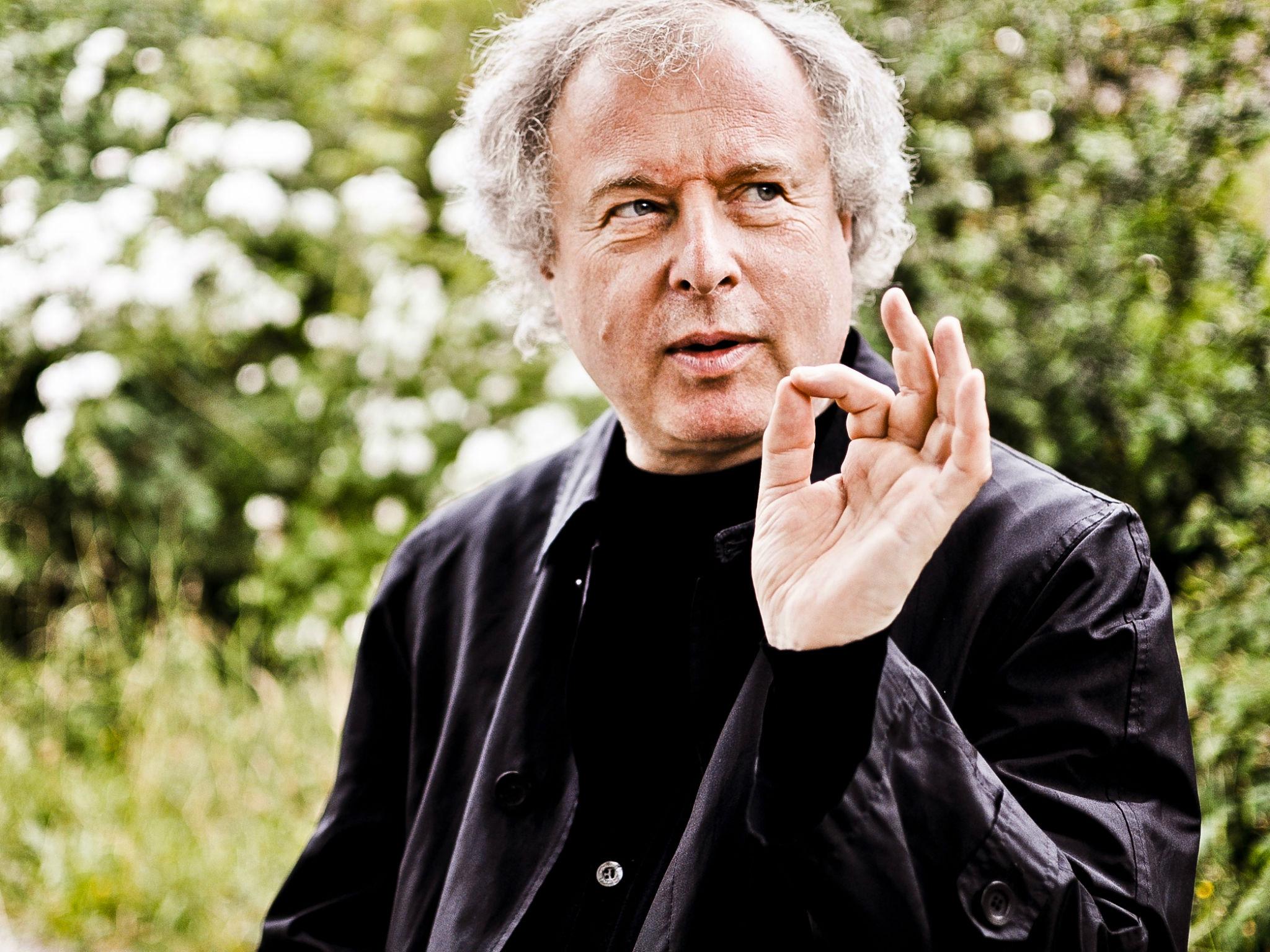András Schiff , Wigmore Hall, London, review: Programming at its most creative
The Hungarian-born British classical pianist and conductor performs Robert Schumann’s final piano composition and pieces by Bach, Mozart and Beethoven and Brahms

Your support helps us to tell the story
From reproductive rights to climate change to Big Tech, The Independent is on the ground when the story is developing. Whether it's investigating the financials of Elon Musk's pro-Trump PAC or producing our latest documentary, 'The A Word', which shines a light on the American women fighting for reproductive rights, we know how important it is to parse out the facts from the messaging.
At such a critical moment in US history, we need reporters on the ground. Your donation allows us to keep sending journalists to speak to both sides of the story.
The Independent is trusted by Americans across the entire political spectrum. And unlike many other quality news outlets, we choose not to lock Americans out of our reporting and analysis with paywalls. We believe quality journalism should be available to everyone, paid for by those who can afford it.
Your support makes all the difference.The composition of Robert Schumann’s final work – variations on a theme given to him in a dream by the spirits of Schubert and Mendelssohn – was interrupted by his attempt to drown himself by jumping into the Rhine, and its stark simplicity has terrible pathos. Most pianists give “Geistervariationen” (Ghost Variations) an inert passivity, but Andras Schiff took an unusual tack, breathing busy life into its inner voices as though disintegration could be a convivial affair.
Schiff himself has now reached a serene plateau in life where he no longer needs to prove anything; for him each recital is simply a chance to revisit often-played works, and to hold them up to the light in ways which can gently surprise. Thus did Bach’s severe and profound B minor prelude and fugue from Book One of the 48 come like a breath of cool air after the storm-tossed dramas of Brahms’s Opus 118 Klavierstücke. And thus could we appreciate the bracing transparency of Beethoven’s piano writing as Les adieux followed Brahms’s next group of densely-textured pieces – this was programming at its most creative. The changing colours and moods of Mozart’s sublime Rondo in A minor were rendered with crackling intensity; the Romantic effects of Brahms’s 3 Intermezzi became a grave celebration of dark foreboding, grief, and tenderness.
Join our commenting forum
Join thought-provoking conversations, follow other Independent readers and see their replies
Comments